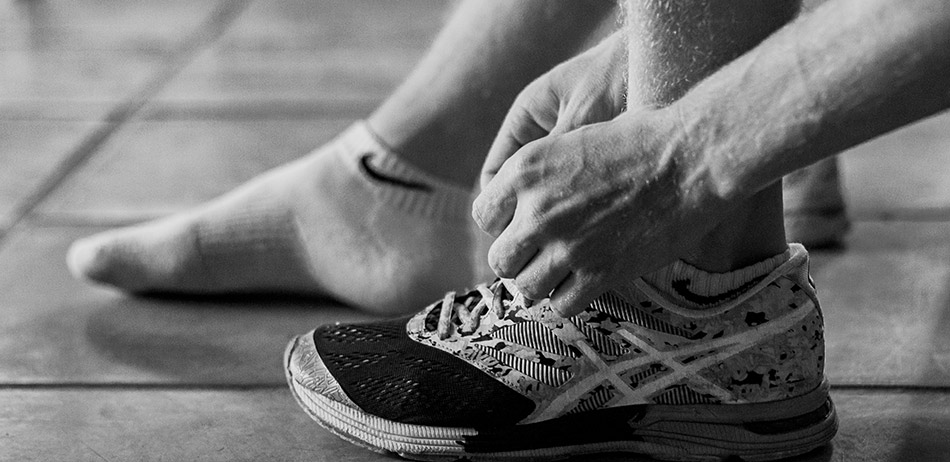Minor Sprain & Strain Self-Care


Sprains and strains are some of the most common injuries and can affect people of all ages and activity levels. Whether you’ve injured an ankle, a wrist, or anywhere else these injuries can throw a spanner in our daily routines and leave us wondering what we should do to get back to our normal lives.
Sprains and strains range from mild discomfort to severe pain, and proper care is vital to a speedy recovery. This blog post will furnish you with the most important steps you can take to optimise your recovery, including; when to seek professional medical care, how to manage minor sprains and strains at home and how to protect yourself from further injury.
When to seek professional medical care:
The NHS advises calling 111 if you have had an injury and:
- It is very painful, or the pain is getting worse
- There is a large amount of swelling or bruising, or the swelling or bruising is getting worse
- It hurts to put weight on it
- It feels very stiff or is difficult to move
- It is not feeling any better after treating it yourself
- You also have a very high temperature or feel hot and shivery - this could be an infection
They also advise calling 999 or going to A&E if:
- You heard a crack when you were injured
- The injured body part has changed shape or is pointing at an odd angle
- The injured part is numb, tingling or has pins and needles
- The skin around the injury has changed colour, such as looking blue or grey, or is cold to the touch
Self-management of minor sprains and strains:
Most people will have heard of the RICE protocols for minor injuries, standing for Rest, Ice, Elevation and Compression. In recent years many healthcare services are now recommending other protocols such as POLICE instead, to encourage people to start moving and using the area as soon as possible to aid recovery.
Protect - immediately after the injury, you will need to rest the area to prevent damage.
Optimal Loading - You should start moving the affected joint or muscle as soon as you can to help minimise stiffness, but do this gently and allow yourself to be guided by your body and what you feel able to do.
Ice - Place a cold compress, such as ice, over the affected area for 20 minutes every couple of hours for the first two or three days. Avoid placing it directly on the skin.
Compression - Use a bandage around the affected joint to reduce swelling.
Elevate - Try to raise the affected area above the level of your heart, by example resting it on a chair or cushion.
It is also important to note that there are some things you should avoid in the first 3 days of an injury. A useful tool to remember these is the word HARM:
Heat - Avoid hot baths, showers and heat packs.
Alcohol - Drinking alcohol can slow down recovery and increase the risk of re-injury.
Running - Avoid running or other forms of moderate exercise to avoid prolonging your recovery.
Massage - Massage can be very helpful in the recovery of sprains and strains, but should be avoided in the first few days as it can cause more swelling.
Over the counter painkillers can be very helpful for managing the pain and discomfort of a strain or sprain, but for the first three days NSAIDs (non-steroidal anti-inflammatory drugs) such as ibuprofen should be avoided.
Preventing re-injury:
After a sprain or a strain, the area is likely to be weaker, and therefore more susceptible to being injured again. In order to lessen the likelihood of this, gradual strengthening is crucial. The exercises and stretches will vary depending on what part of your body you have injured, but it is important to build strength and support while maintaining mobility.
In the hustle of our daily lives, it can be easy to overlook minor injuries such as strains and sprains but simple techniques such as those outlined in the POLICE protocols and gentle exercises can help put your best foot forward in your recovery journey.
As chiropractors, we are perfectly positioned to help support and guide you through that journey and out the other side.
